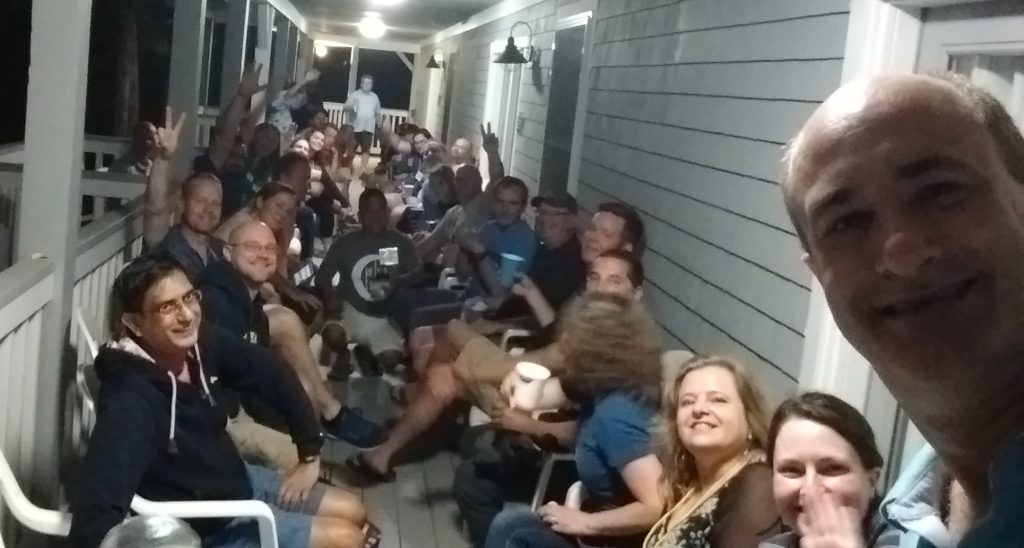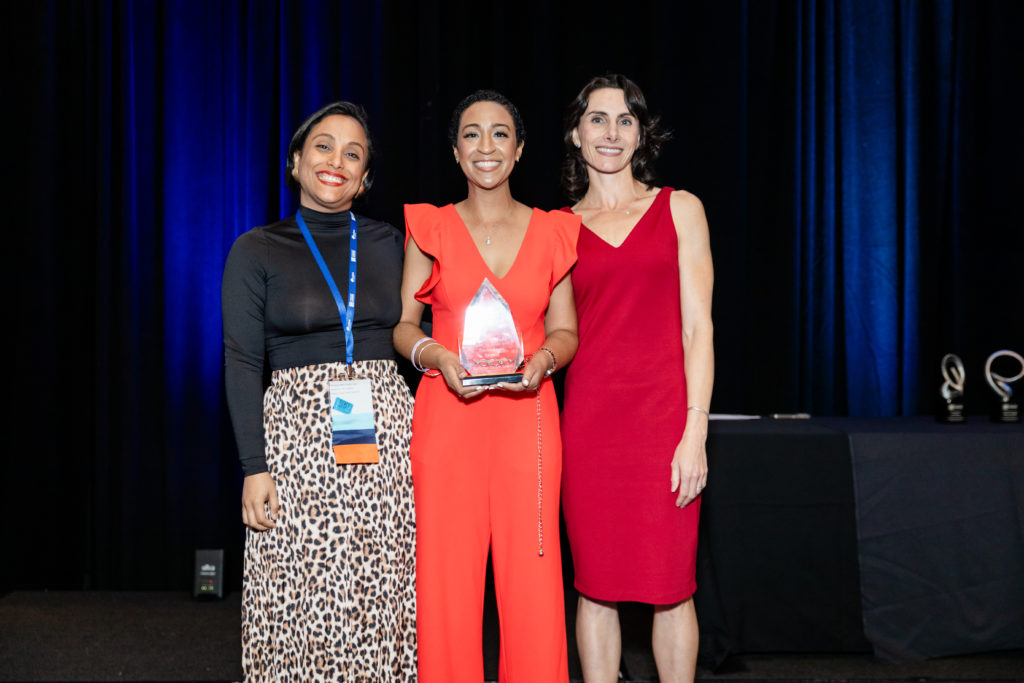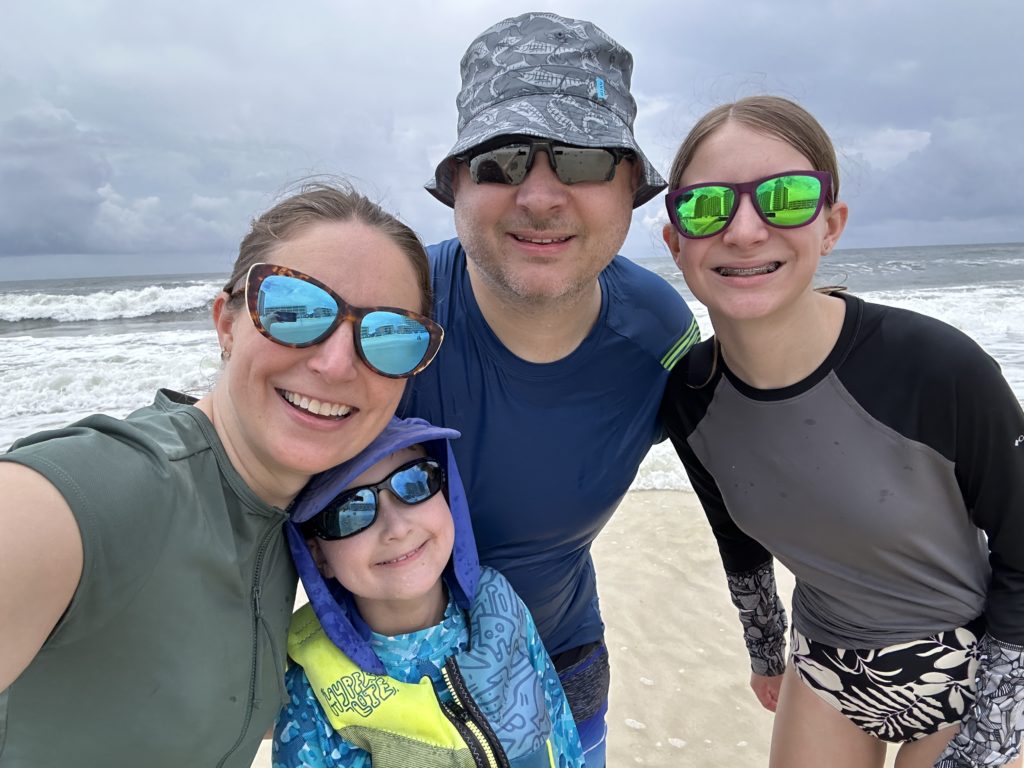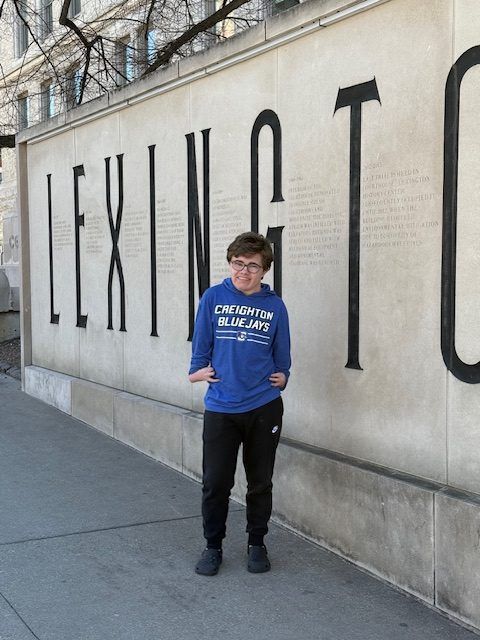Our only child, Marina, is a lovely, sweet girl who loves going to the beach and riding bicycles (especially at her grandparents’ farm). She is 11 years old and we are so thankful she is doing well.
Just after her Fanconi anemia diagnosis in early 2015, we were informed that she did not have a matched donor for a bone marrow transplant. We rushed to ask our relatives and friends to register as donors. However, the local government agency responsible for the registry informed us that they could not register at that time. We were so baffled. This is because in Brazil, where we live, the registry is state-owned and to reduce the costs associated with HLA testing, the government stipulated an annual limit, or quota, of donors that could be registered. So, beyond dealing with all of the difficulties associated with the FA diagnosis, we also had to face this kind of frustrating bureaucracy.
We knew we had to act, so we got in touch with a lawyer and filed a lawsuit. We’ve received a favorable decision in our state, but unfortunately it is not applicable to the whole country, meaning that quotas for donors are still in place in most parts of Brazil. However, we continue on, knowing that the Brazilian registry needs many more donors in order to increase its genetic diversity.
Even with our efforts, we still haven’t found a match for Marina, so we considered enrolling in a gene therapy clinical trial. We got in touch with the teams in Seattle and Madrid, and the doctors and specialists involved gave us their full attention and were extremely kind. However, we learned that the chances for best results would be higher when a large number of stem cells could be collected. In Marina’s case, this number was barely high enough to meet the threshold of the eligibility criteria. Therefore, we do not know whether she would benefit much from the gene therapy clinical trial.
Given this information, we will rely on Danazol (when needed) and will take a close look at the Eltrombopag, metformin and quercetin clinical trials. We also decided to register in the International Fanconi Anemia Registry (IFAR) and to enroll in the study on cancer risks presented by Dr. Blanche Alter and Dr. Neelam Giri at Camp Sunshine. We encourage everybody to take part in both the registry and the study – let’s all be brave enough to fill out their long questionnaires!

We learned about all of these possibilities thanks to FARF. When I was in Seattle, I even had the opportunity to visit the Robison family, who welcomed me so warmly! Earlier this year we went to Camp Sunshine for the very first time. What an amazing and invaluable experience! We really felt at home, as part of a very united group. We want to give special thanks to our mentor family – the Ritchie-Mingo family– who were so great and helpful. We also thank all the doctors, investigators, volunteers and the invaluable staff of FARF and Camp Sunshine.
In Brazil, we went to a pretty large FAmily meeting last year. We clearly understood that a lot needs to be done for FA patients here. For instance, low-income FAmilies depend on lawsuits to obtain vital medication for transplant. It was also necessary to file a request at the Ministry of Health showing that FA meets the criteria to be considered a rare disease (this recognition, finally obtained in May 2018, was crucial). We try to help with these issues, but the most important is yet to be accomplished: a truly functional FA association in Brazil.
Apart from that, we have no words to express our deep gratitude to Dr. Carmem Bonfim, Dr. Lisandro Ribeiro and the great team that specializes in FA in Brazil. They get truly involved in absolutely everything, from lawsuits to obtaining medicine, to organizing FA meetings and collecting donations. Our FA association must reduce this burden affecting doctors and specialists, despite our challenges. We still have to carry on our full-time jobs and deal with all of the treatments and emotional distress related to FA. For the vast majority of our FAmilies, it would be very difficult to get involved, and those willing to participate usually live thousands of kilometers away from each other.
Sometimes, we just do not know what to do regarding treatments and the emerging association. Maybe the most important aspect is to avoid getting discouraged and to do our best. That’s one more reason why FA family meetings are so tremendously important. Against gloom or weariness, our gatherings at the porch while at Camp were a nice deep breath of fresh air. Thank you to all of you!




